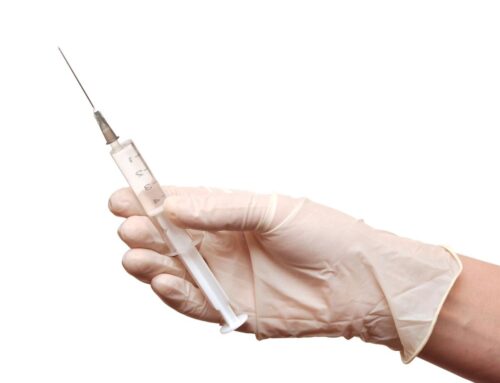During menopause, testosterone levels may decrease, which can lead to a reduced sex drive. Sometimes, taking testosterone can help alleviate these symptoms. It is often provided in conjunction with other forms of hormone replacement therapy HRT. Doctors might also prescribe testosterone for women who experience menopause prematurely or as a result of surgical procedures. This article explores how testosterone can help ease symptoms of menopause and the methods for its administration.
How do testosterone levels change during menopause?
Testosterone, a hormone produced by the body, diminishes as we age. When menopause occurs—whether naturally or after ovarian removal—testosterone levels decrease, impacting our overall hormonal balance.
Treatment options such as hormone replacement therapy and testosterone supplementation aim to restore depleted hormone levels in the body. It’s crucial to consult a healthcare professional before considering these options.
What are the signs of low testosterone during menopause?
Low testosterone levels during menopause can lead to:
- Decreased libido (low sex drive)
- Fatigue
- Difficulty focusing
Transgender men and individuals identifying as non-binary may also encounter menopausal symptoms.
Certain symptoms, such as reduced sex drive or diminished arousal, could be indicative of other issues. Factors like changes in relationships, underlying health conditions, or depression can influence one’s sexual well-being.
If you’re experiencing menopausal symptoms impacting your daily life, it’s essential to consult with your doctor.
How can I boost my testosterone levels during menopause?
Your healthcare provider might recommend testosterone replacement therapy in the form of a gel or cream applied to the skin to elevate your hormone levels.
Another option is a testosterone implant placed under the skin, although this treatment is less common and may require consultation with a specialist.
It may take up to six months to experience the full benefits of testosterone therapy, although some improvements may be noticed after three months. If you have any concerns or questions, seek advice from your pharmacist or doctor.
Should I consider testosterone for managing menopause symptoms?
Typically, your doctor will first recommend hormone replacement therapy to address various menopausal symptoms. If HRT alone doesn’t provide sufficient relief, combining it with testosterone supplementation may be suggested.
However, testosterone isn’t suitable for everyone. Individuals with a history of hormone-sensitive breast cancer or active liver disease may not be candidates for testosterone replacement therapy.
It’s important to note that testosterone is currently not licensed for treating menopausal symptoms. Therefore, it’s considered an “off-label” medication for this purpose. In some cases, specialists may be required to prescribe it due to its off-label status.
What are the potential side effects of testosterone supplementation?
When testosterone is administered at appropriate doses, side effects are rare but can include:
- Increased hair growth
- Acne flare-ups
Regular blood tests are typically conducted after starting testosterone therapy, usually at two to three months intervals initially, to ensure the dosage is suitable for you. Follow-up tests may be necessary every six months, with annual checks thereafter, to monitor testosterone levels.
For personalized advice on whether testosterone supplementation is suitable for you, consult with your doctor.
Final Thoughts
Now we know that testosterone therapy can be an option for managing menopausal symptoms, particularly when accompanied by a decrease in libido. While primarily used in conjunction with hormone replacement therapy, it’s important to note that testosterone supplementation may not be suitable for everyone, especially those with a history of hormone-sensitive breast cancer or liver disease.
Understanding the changes in testosterone levels during menopause and recognizing the signs of low testosterone is crucial. Seeking advice from healthcare professionals is essential to navigate the potential benefits and risks associated with testosterone therapy. Regular monitoring through blood tests helps ensure appropriate dosage and minimize potential side effects like increased hair growth and acne.
Ultimately, whether testosterone supplementation is appropriate for managing menopausal symptoms should be determined through personalized consultation with a doctor. Their guidance can provide tailored recommendations based on individual health needs and considerations.





